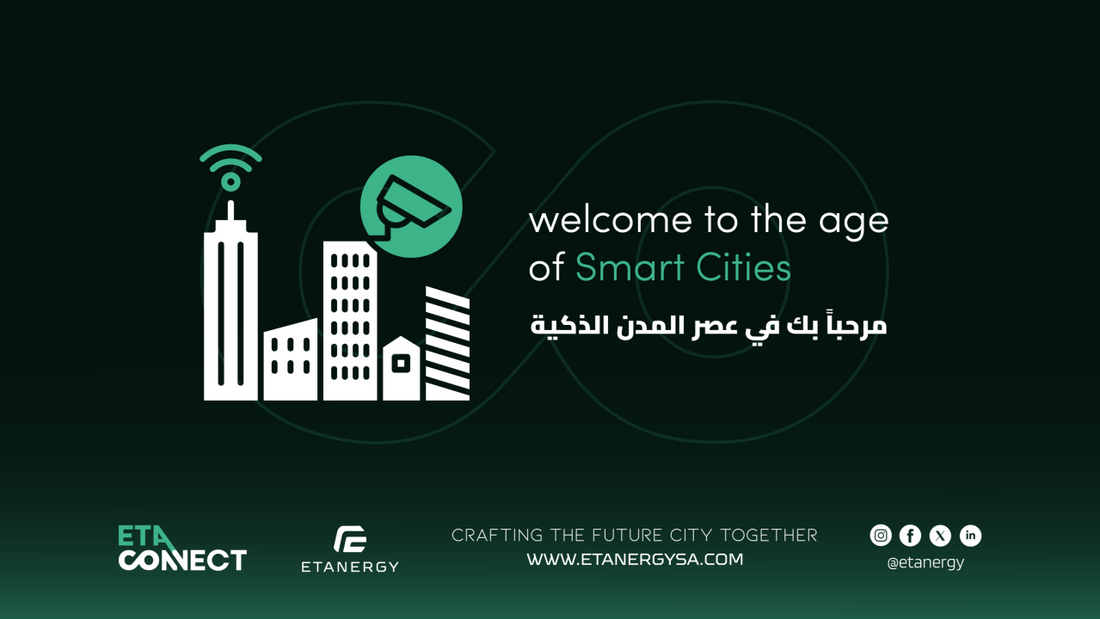
Understanding the role of IoT in Smart Cities
Share
The rapid urbanization of the global population brings a myriad of challenges for city planners and administrators. Smart cities, powered by the Internet of Things (IoT), are emerging as a solution to these challenges. By leveraging connected devices and real-time data analytics, cities can enhance their infrastructure, improve sustainability, and elevate the quality of life for their citizens. This blog will explore the essential role that IoT plays in shaping smart cities and the future prospects of this transformative technology.
The concept of Smart Cities
Smart cities are urban areas that utilize IoT devices and systems to enhance efficiency, sustainability, and citizen well-being. These cities rely on a network of connected sensors and devices to gather and analyze data in real-time. This capability allows for better resource management and responsiveness to changing conditions.
The concept of IoT has been around since the 1970s, but it wasn't until the early 2000s that the term "Internet of Things" was coined. Since then, advancements in hardware, software, and connectivity have enabled the widespread adoption of IoT devices across various sectors, including smart homes, industrial automation, and healthcare.
How IoT works in Smart Cities
At the heart of IoT technology are sensors, actuators, and communication technologies. Sensors detect changes in the environment—such as temperature, humidity, or motion—while actuators control physical devices, like lights or HVAC systems. The data collected by these devices is processed and analyzed using cloud-based platforms, providing actionable insights for city officials and citizens alike.
Key applications of IoT in Smart Cities
The integration of IoT technology in smart cities leads to several key applications:
- Traffic management and congestion reduction: IoT devices monitor traffic flow and congestion, enabling city officials to optimize traffic signals and redirect vehicles to alleviate congestion.
- Energy efficiency and sustainability: Connected devices can monitor energy usage in buildings, allowing for adjustments in heating and cooling systems, thus reducing overall energy consumption.
- Waste management and environmental monitoring: IoT sensors track waste levels in bins, enabling more efficient collection schedules. Additionally, sensors monitor air and water quality, facilitating prompt action to combat pollution.
- Public safety and security: IoT devices monitor public spaces, providing real-time alerts to law enforcement during emergencies. Connected cameras can detect suspicious activities, enhancing overall security.
- Smart buildings and infrastructure: IoT technology enables the monitoring and control of various building systems, such as lighting and security, improving resource management and operational efficiency.
Benefits of IoT in Smart Cities
The adoption of IoT technology in smart cities offers numerous benefits:
- Improved efficiency and productivity: Real-time monitoring and management of city systems lead to better decision-making and resource allocation, enhancing service delivery.
- Enhanced quality of life: IoT improves public safety through smart street lighting and efficient parking solutions, making urban areas more livable.
- Cost savings and economic benefits: Efficient resource management allows cities to save on costs associated with energy, water, and waste management.
Challenges and risks of IoT in Smart Cities
While IoT technology provides many benefits, it also poses challenges that need to be addressed.
- Data privacy and security: The collection and transmission of sensitive data raise concerns about data breaches and cyberattacks. Robust security measures must be implemented to protect citizen data.
- Interoperability issues: With various IoT devices and systems in use, ensuring compatibility and seamless operation between them can be challenging.
- Infrastructure requirements and costs: Implementing IoT technology requires significant investment in infrastructure, including sensors, networks, and data processing systems.
Strategies for successful IoT implementation
To address the challenges and maximize the benefits of IoT in smart cities, comprehensive strategies are essential:
- Developing robust security protocols to protect data privacy.
- Ensuring interoperability among different devices and systems.
- Investing in necessary infrastructure while planning for long-term sustainability.
- Engaging with citizens and stakeholders to build trust and ensure responsible implementation.
Emerging trends in IoT for Smart Cities
As technology evolves, several emerging trends are shaping the future of IoT in smart cities:
5G Networks
5G technology promises to enhance IoT capabilities by providing faster and more reliable connectivity. This will facilitate more effective data collection and analysis, leading to improved decision-making and resource management.
Edge computing
Edge computing brings computational power closer to the devices generating data, allowing for faster data processing and reduced latency. This is particularly crucial for real-time applications in smart cities, enhancing overall system performance.
The future of IoT in Smart Cities
The potential impact of IoT technology on urban development is significant. By leveraging IoT, cities can optimize resource utilization, reduce costs, and improve citizens' quality of life. The ongoing evolution of IoT technologies promises even greater advancements in smart city infrastructure and services.
As we look ahead, the possibilities for IoT in smart cities are vast. From enhancing traffic flow to improving public safety and optimizing resource management, the benefits of IoT are far-reaching. The future of urban living is indeed exciting, and the role of IoT is pivotal in shaping this transformation.
Conclusion
In conclusion, the role of IoT in smart cities is crucial for developing efficient, sustainable urban environments. With the potential to improve quality of life, enhance public safety, and save costs, IoT is paving the way for a smarter, more sustainable future. As technology continues to advance, cities that embrace IoT will be better equipped to meet the challenges of urbanization and create a better living experience for their citizens.
Thank you for joining us on this exploration of the role of IoT in smart cities. Stay engaged as we continue to uncover the endless possibilities of technology in urban development.
